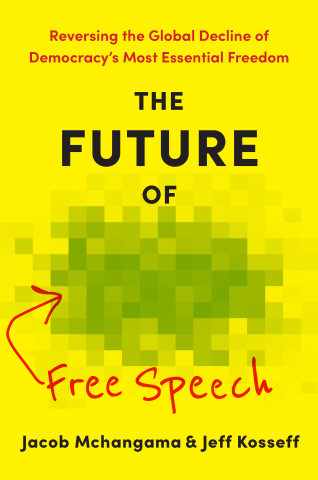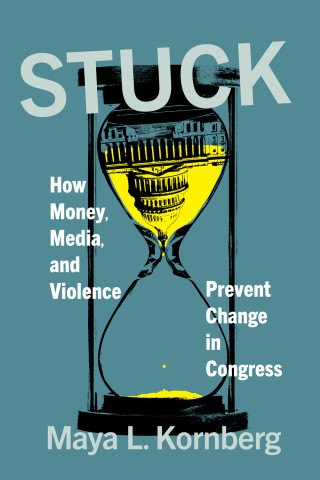
Reviews
By the time I got to the last chapter, I already liked the book... very worthwhile for scholars... will be interesting and informative for many readers.
Overall this is an excellent book that offers authoritative and new insights into the history of American thought.
My hat's off to David Prindle. This work is graceful, authoritative, insightful, synthetic, shrewd, magisterial, and fun to read. Prindle leaps over the wall separating economics, politics, and legal thinking, writing a synthetic history that traces these three themes and—crucially—the many ways they have interacted with each other. An astonishingly ambitious and powerful study.
Book Details
Preface
Acknowledgments
1. Origins, 1690–1776
2. The Founding, 1776–1819
3. Democracy and Capitalism, 1819–1862
4. Industrialism and Its Discontents I, 1862–1898
5. Industrialism and Its Discontents II
Preface
Acknowledgments
1. Origins, 1690–1776
2. The Founding, 1776–1819
3. Democracy and Capitalism, 1819–1862
4. Industrialism and Its Discontents I, 1862–1898
5. Industrialism and Its Discontents II, 1898–1932
6. New Paradigms, 1932–1974
7. Dissent, 1932–1974
8. Democracy and Capitalism, 1974–2001
9. Present and Future
Notes
Bibliography
Index





